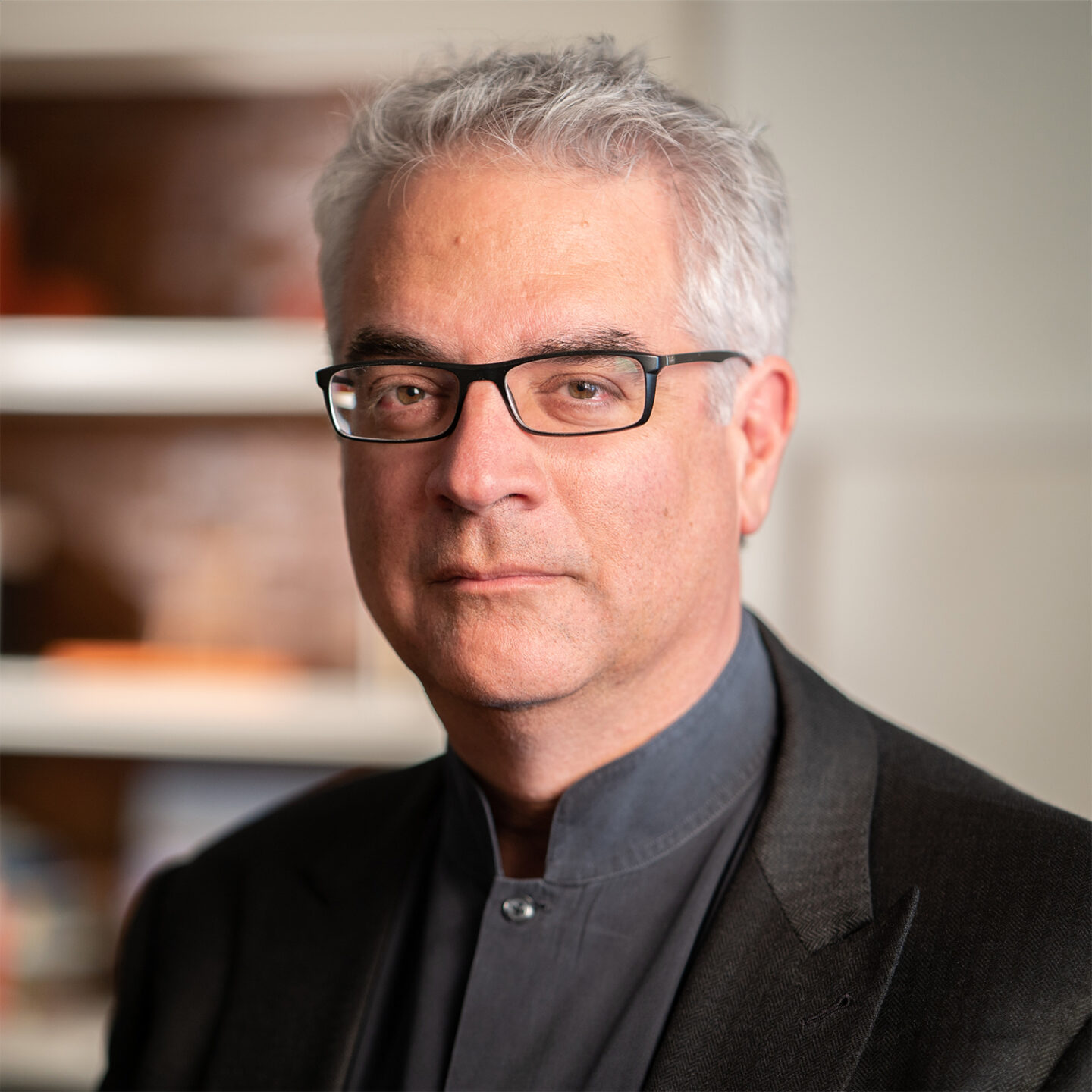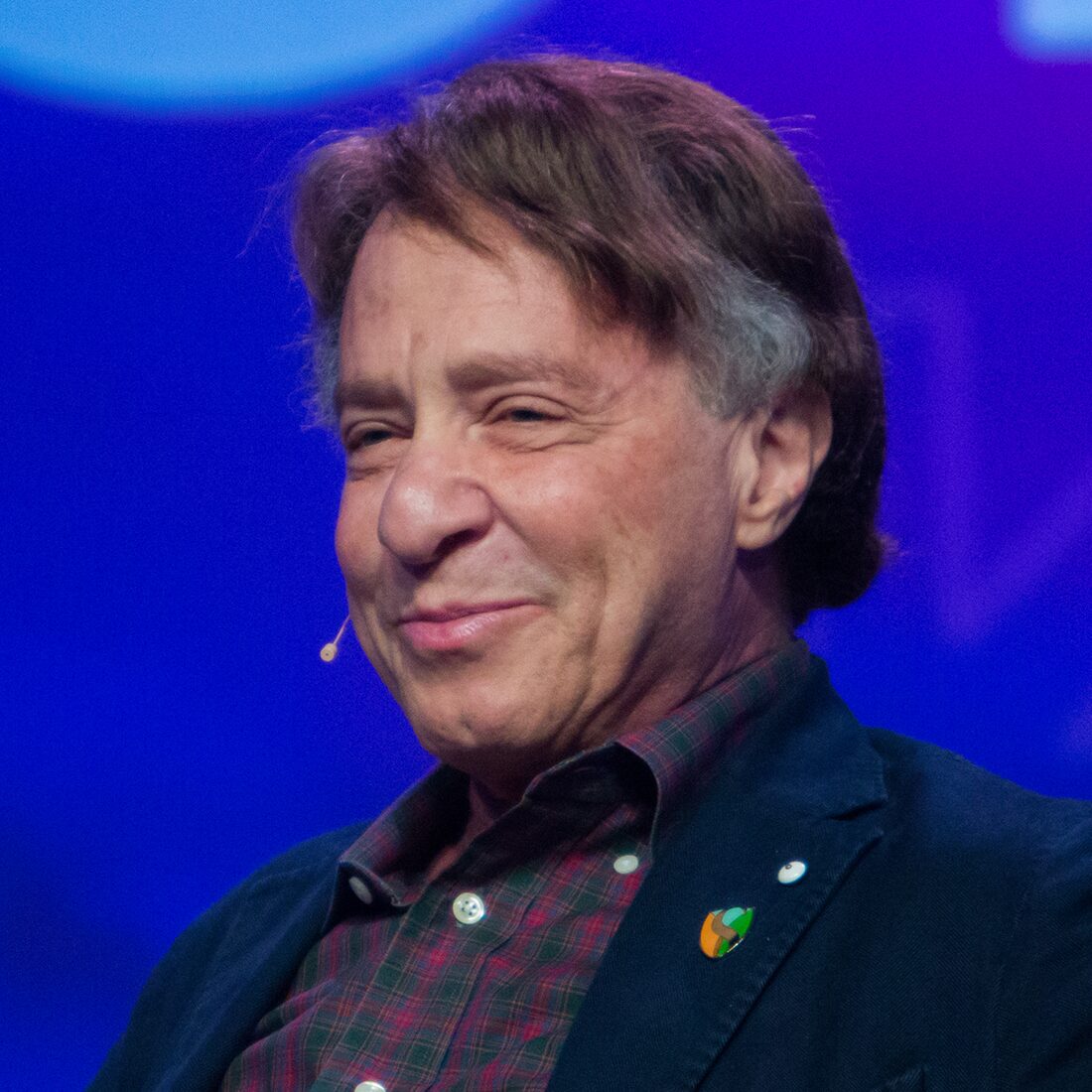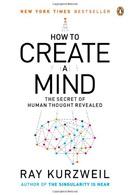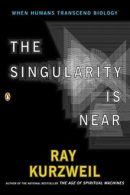
Nicholas Christakis

Preeminent Technology Futurist and Multiple Award-Winning Inventor; Co-Founder and Chancellor of Singularity University; Director of Engineering, Google
Ray Kurzweil is one of the world’s leading inventors, thinkers, and futurists, with a thirty-year track record of accurate predictions. Called “the restless genius” by The Wall Street Journal and “the ultimate thinking machine” by Forbes magazine, he was selected as one of the top entrepreneurs by Inc. magazine, which described him as the “rightful heir to Thomas Edison.” PBS selected him as one of the “sixteen revolutionaries who made America.”
Ray was the principal inventor of the first CCD flat-bed scanner, the first omni-font optical character recognition, the first print-to-speech reading machine for the blind, the first text-to-speech synthesizer, the first music synthesizer capable of recreating the grand piano and other orchestral instruments, and the first commercially marketed large-vocabulary speech recognition.
Renowned author, inventor, and futurist, Ray Kurzweil, has a public track record of more than a quarter of a century of predictions with a stunning 86% accuracy rate, all based on his Law of Accelerating Returns which states that information technology is advancing exponentially — doubling in price-performance, capacity, and bandwidth every year. Since 1990, Kurzweil has laid out these predictions in a series of books: The Age of Intelligent Machines (1990), The Age of Spiritual Machines (1999), The Singularity is Near (2005), and How to Create a Mind(2012). And now, in his forthcoming book, The Singularity is Nearer (2020), he presents new data and a fresh look to the future as we approach the steep part of the exponential. By questioning old assumptions and applying exponential thinking Ray Kurzweil explains how we will rewrite the software of life, rebuild the world atom by atom, and reinvent our intelligence, to solve the world’s grandest challenges.
Kurzweil explains that accelerating information technology will lead us to completely overcome handicaps associated with sensory and physical disabilities and describes the extent to which we have already done that for many handicaps. He predicts that in about a quarter century, we will have millions of nanobots in our brains putting our brains on the Internet and providing high bandwidth communication directly with the brain, so vision will ultimately become obsolete. He can speak on a range of topics relating to blindness, disabilities, and assistive technologies in the 21st century. With his many assistive technology firsts, Mr. Kurzweil speaks from experience about the future of disabilities in an age of accelerating technology.
Mr. Kurzweil frequently presents on technology and the capital markets, business and technology trends, near- and long-term predictions, and strategy in an age of exponential technological growth. Despite the current economic turmoil, Mr. Kurzweil presents an optimistic argument that the exponential growth of information technology will continue unaffected during the economic downturn as it has in every past recession and during the Great Depression, noting that information technology goes beyond just computerized devices, but includes such disparate areas as health and medicine, and energy. He presents an incredible wealth of data showing that information technologies have the scale and the ability to overcome the major problems we face such as energy and the environment, health, and even poverty.
As one of the leading inventors of our time, Kurzweil presents a program for innovation, how to foster it in an organization, and how to bring inventions to market. He explains how the law of accelerating returns and the exponential growth of information technology are accelerating opportunities for innovation. In this talk, he draws upon his own history of innovation which led to his induction into the National Inventors Hall of Fame, founded by the U.S. Patent Office in 2002.
Kurzweil speaks about the intersection of information technology (a broad perspective), education and human knowledge. He describes a future in which there is widespread and inexpensive access to education around the world, individualized learning through computer assisted instruction, full-immersion virtual reality classrooms and labs, and ultimately the ability to download knowledge and skills directly to our brains. He remarks on the key role of education in supporting the unique attribute of our species, which is an exponential expanding knowledge base that we pass down from generation to generation. He notes that as jobs are destroyed at the bottom of the skill ladder and more satisfying and better paying jobs are added at the top, investment in education has increased to keep pace with the rising skill ladder. Our economy is increasingly dominated by knowledge intensive jobs, hence the increasingly central role of education and educational technology.
Based on his book, Fantastic Voyage: Live Long Enough to Live Forever and his new health book, TRANSCEND: Nine Steps to Living Well Forever, Kurzweil addresses the merger of science, technology, and medicine and its impact on the healthcare industry and human longevity. He explains that as medicine becomes an information technology, it will be subject to the laws of accelerating returns, meaning that it will be a thousand times more powerful than today in ten years, and a million times more powerful in 20 years.
Ray Kurzweil is one of the world leading inventors, thinkers, and futurists, with a thirty-year track record of accurate predictions. Called “the restless genius” by The Wall Street Journal and “the ultimate thinking machine” by Forbes magazine, Ray was selected as one of the top entrepreneurs by Inc. magazine, which described him as the “rightful heir to Thomas Edison.” PBS selected him as one of the “sixteen revolutionaries who made America.” Ray was the principal inventor of the first CCD flat-bed scanner, the first omni-font optical character recognition program, the first print-to-speech reading machine for the blind, the first text-to-speech synthesizer, the first music synthesizer capable of recreating the grand piano and other orchestral instruments, and the first commercially marketed large-vocabulary speech recognition. Among his many honors, Ray received the 2015 Technical Grammy Award for outstanding achievements in the field of music technology; he is the recipient of the National Medal of Technology, was inducted into the National Inventors Hall of Fame, holds twenty-one honorary Doctorates, and honors from three U.S. presidents. Ray has written five national best-selling books, including New York Times best sellers The Singularity Is Near (2005) and How To Create A Mind (2012). He is Co-Founder and Chancellor of Singularity University and a Director of Engineering at Google heading up a team developing machine intelligence and natural language understanding.
Kurzweil is the Benjamin Franklin of the 21st Century…



